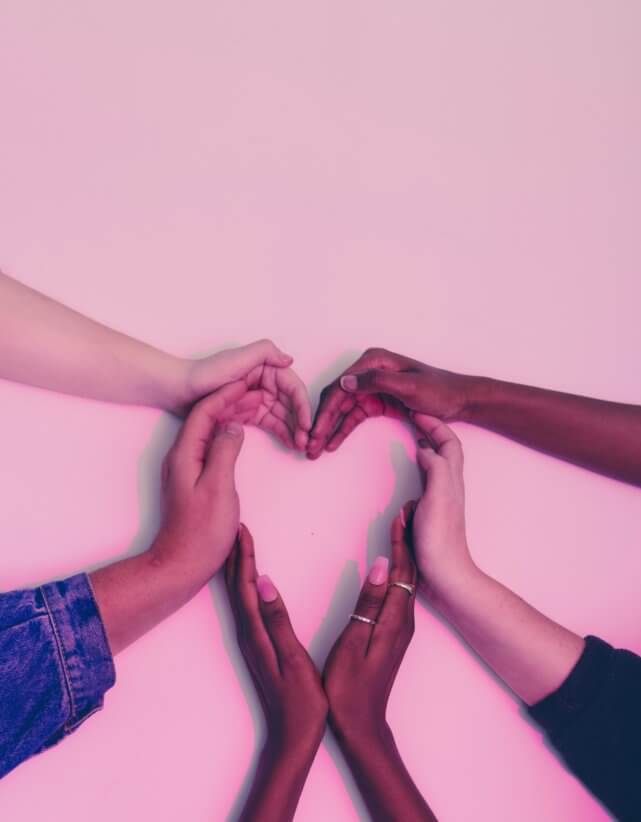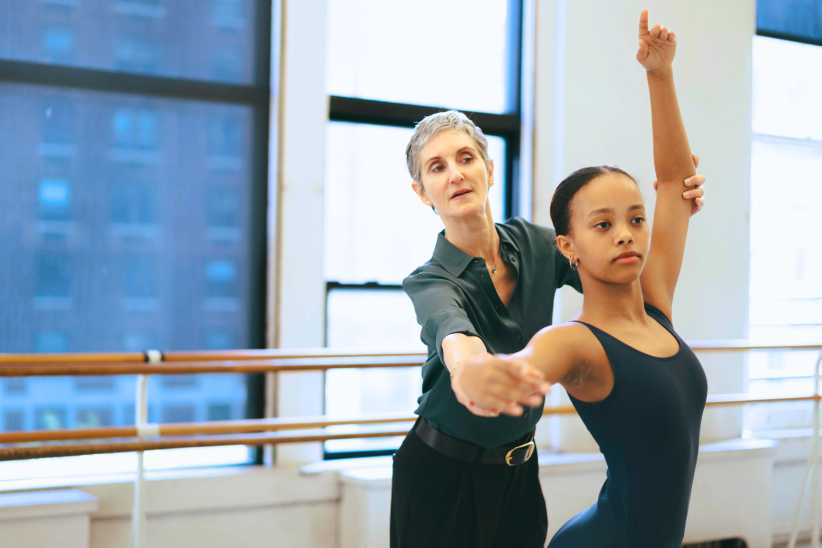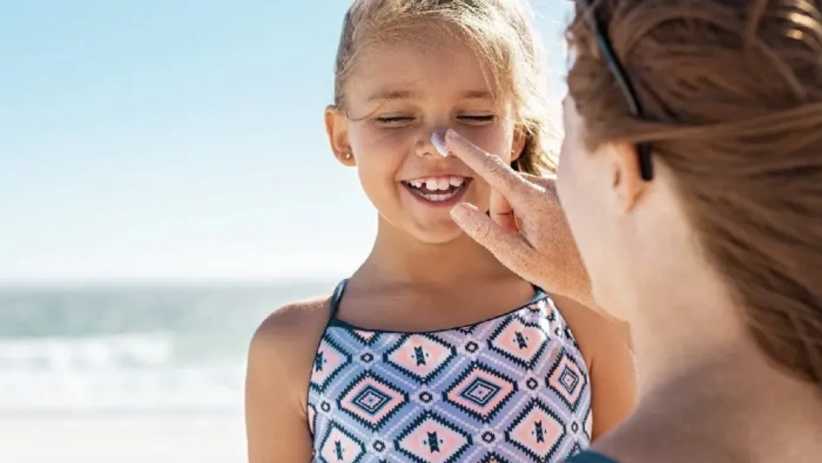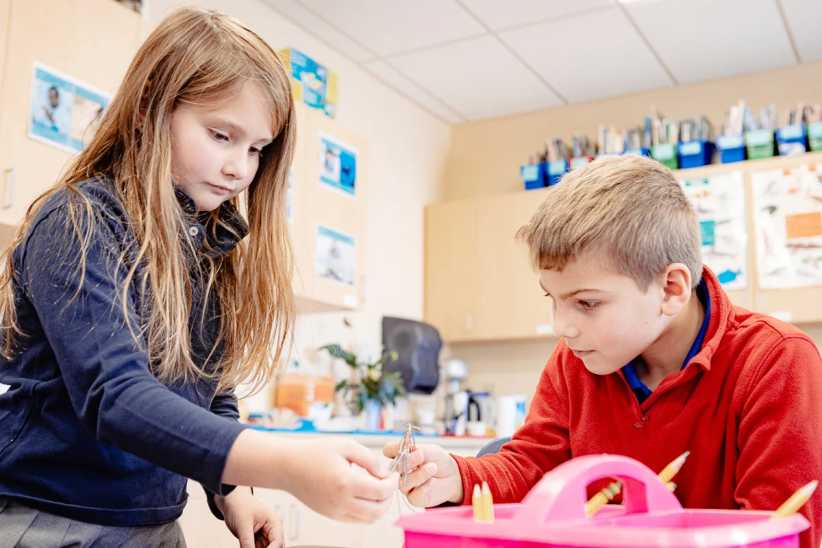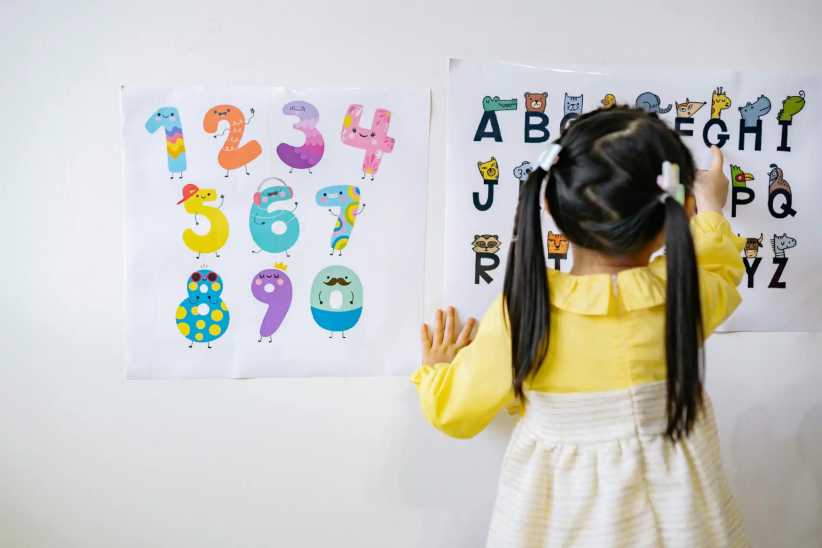How to Talk to Kids About Racism
Over the course of the last few weeks, a string of racially charged police killings confounded with years of racial inequality have prompted hundreds of protests all over the world and exploded into a media hailstorm that’s impossible to ignore, nor should you ignore it. Considering this is already a difficult time for many families in light of Covid-19, your first instinct may be to avoid causing further stress with difficult conversations. However, according to California pediatrician Dr. Rea Boyd, “children and adolescents are experiencing the collateral consequences of the publicized murders of Breonna Taylor, Tony McDade, and George Floyd, whether they have a smartphone in their direct possession or not.”(CNN) Children are always watching, taking note of your distress as you watch the news or scroll through social media. And despite our best wishes and intentions, children are not colorblind: they absorb implicit bias in the world and institutions around them, with or without parental input, internalizing racial bias by age 2 to 4, according to Maryland Pediatrician Dr. Jaqueline Dougé. Children absorb racial bias like a sponge, it is especially crucial for parents of white and non-black children to step in and be active participants in their child’s anti-racist learning. As the esteemed activist and scholar Angela Davis stated, “in a racist society, it is not enough to be non-racist, we must be anti-racist.”
Assess Your Own Stress
According to the American Psychological Association, it is important to check in with yourself first and get yourself in the right frame of mind before speaking with your children. There is no perfect formula for what that looks like nor a perfect antidote to your own stress, just be sure to take time for yourself and reflect on your feelings; talk to your partner, parent, friend or therapist.
Talk it Out
Check in with your child and have age-appropriate conversations about what they know and what they are feeling.
For all children, these are teachable moments in which to acknowledge that people are treated differently because of the color of their skin and to provide an outlet in which feelings can be expressed and validated from a place of love. Even if your child expresses internalized racial bias, approach them first with understanding, and then ask questions that provide perspective. Whether or not you have all the answers, encourage conversations so children can navigate their feelings with the support of a caring adult.
Use Media As a Tool
According to the AAP, children learn racial bias like they learn a language, meaning they start to recognize race-based differences as early as 6 months, internalize racial bias as early as age 2, and become set in their ways by age 12. That’s why it is critical to provide your child with age-appropriate books and media that are representative of the diversity in the world, feature protagonists of color, and address issues of racism. With grade-schoolers, the AAP suggests to point out stereotypes and racial bias in books and media, such as villains or ‘bad guys’ in movies.
When children of color see diversity and positive representations of themselves in books and on screen, it directly impacts their self-esteem. As writer (The Bold World: A Memoir of Family and Transformation), and activist Jodie Patterson states, “When you tell Black children, girls, queer kids, ‘you are the prototype’ it’s radical — because everything else in society is telling them they don’t count.”
The Conscious Kid is an excellent online resource on parenting and education through a critical race lens and an online platform whose mission is to reduce bias. For books that support conversations on race, racism, and resistance, check out this compiled list from educator @wanderingbritt_.
Practice What You Preach
American Academy of Pediatrics also shares that in addition to the necessary work of educating yourself on the history and impacts of racism, it is important to confront your own bias and model how you want your children to respond to others who may be different from them. APA suggests we all cultivate a wide and diverse social network, treat people of all ethnicities with kindness and tolerance, expose your children to other cultures and ethnicities, be active in your community, and take action now during these critical historical moments. These might seem obvious, but it is your everyday actions and comments that speak volumes.
Our city is strong, but we like most of the country have work to do. Joe and Angela, owners of Brooklyn-based cafe Milk and Pull, beautifully stated their feelings and advice as black parents:
“The truth is it’s hard to put all this pain and fear into words. Having to talk with our 6-year-old to calm her fears is tough. But the one thing we always tell her … is we always use every opportunity to show up as our best selves.
So what does that mean? It means we all get up and put the work in to truly make this an equitable place for all. We have to educate ourselves on our history, call out our family when they say or do something that is not right, and most importantly we have to become involved in our communities. Communities are not only where we live, but our places of work for those blessed to still be employed. Looking for opportunities to create equity. So let’s make sure we vote, we become involved in our communities so that we can help bring about resources and equity that are so greatly needed. Find your community boards, go to the meetings, hold your elected officials accountable and bring your communities together so we can all show up together and create the world we want to be a part of.”
Amen to that.












